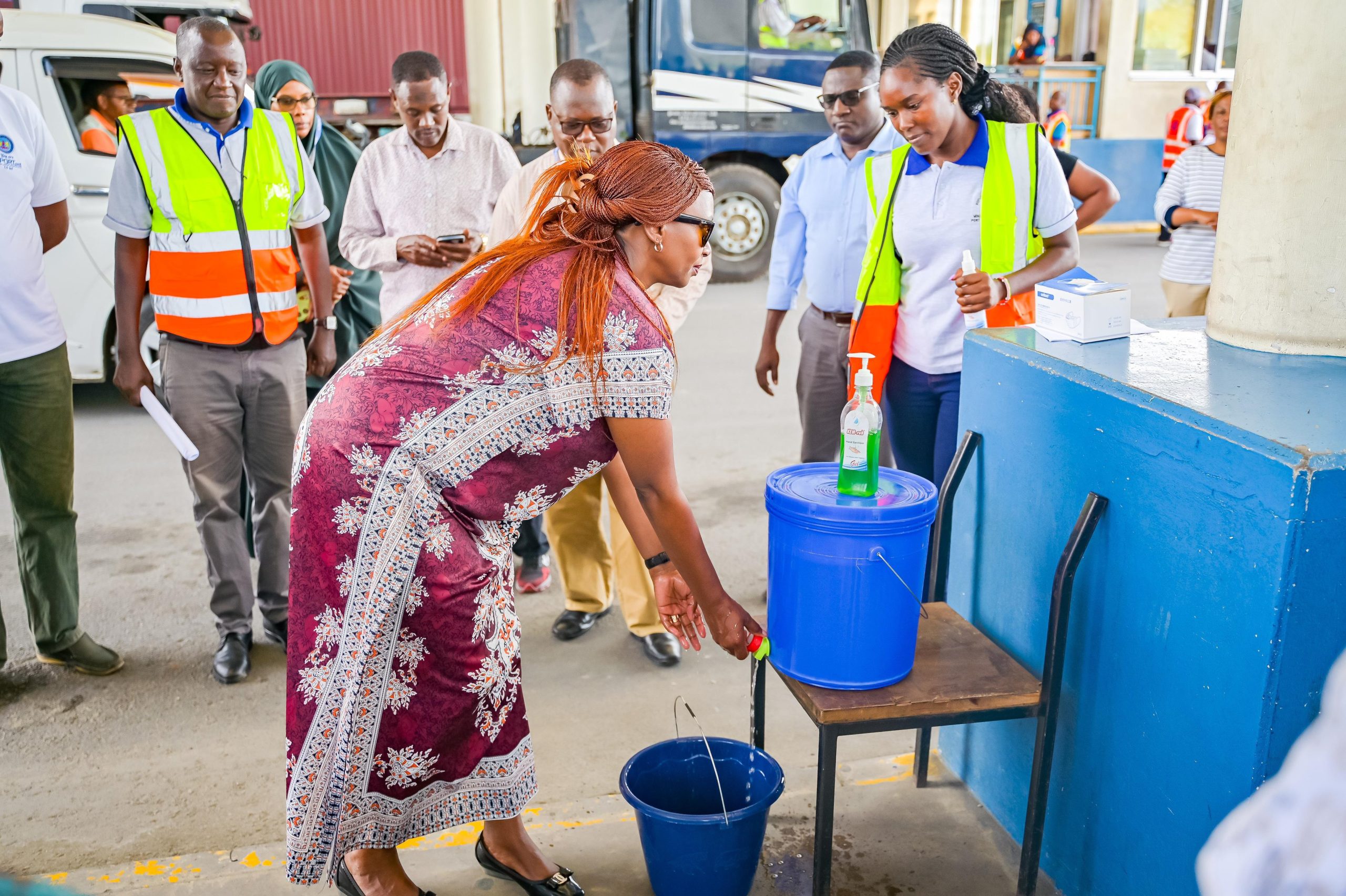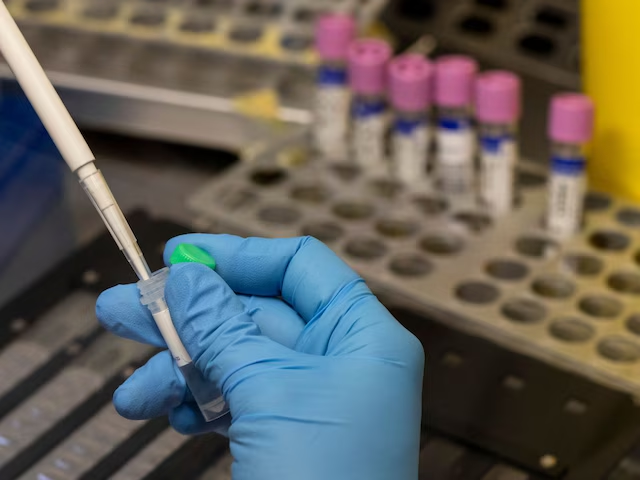Kenya continues to ramp up surveillance measures as the highly contagious Mpox disease spreads outside Africa.
At least two countries outside of Africa have reported cases after the World Health Organization (WHO) declared that the virus had become a “public health emergency” earlier this week.
WHO chief Tedros Adhanom Ghebreyesus said the potential for further spread within Africa and beyond “is very worrying”.
Sweden and Pakistan have both reported cases confirming fears that further spread was inevitable. The European Center for Disease Prevention and Control said it is “highly likely” that more imported cases would be confirmed, in large part because of frequent travel between Europe and Africa.
Meanwhile, the Ministry of Health has conducted an assessment at the Kilindini Harbour in Mombasa Port to evaluate Kenya’s preparedness and readiness.
The government has secured its borders to safeguard and secure the safety of citizens from potential health risks.
“Strengthening surveillance, increasing screening efforts, and promoting handwashing activities are crucial measures to establish robust health protocols, preventing the disease’s entry and spread. Securing our entry points remains essential to safeguarding the nation from potential health risks and ensuring public safety” said PS Principal Secretary for the State Department for Public Health and Professional Standards Mary Muthoni.
Kenya reported the first case last month from a person who travelled from Kampala, Uganda to Mombasa, then to Rwanda via Tanzania through Taita Taveta one-stop border point.
Giving an update on Mpox in the country, Health Cabinet Secretary Deborah Barasa said that the individual has since made full recovery.
“We have 12 persons who came into contact with the index case and another six different suspected cases all of whom have tested negative for the disease,” the Health CS said.
The highly contagious disease – formerly known as monkeypox – has killed at least 450 people during an initial outbreak in the Democratic Republic of Congo.
WHO is calling for a coordinated international response to stop a possible outbreak.
It causes flu-like symptoms, skin lesions and can be fatal, with four in 100 cases leading to death.





